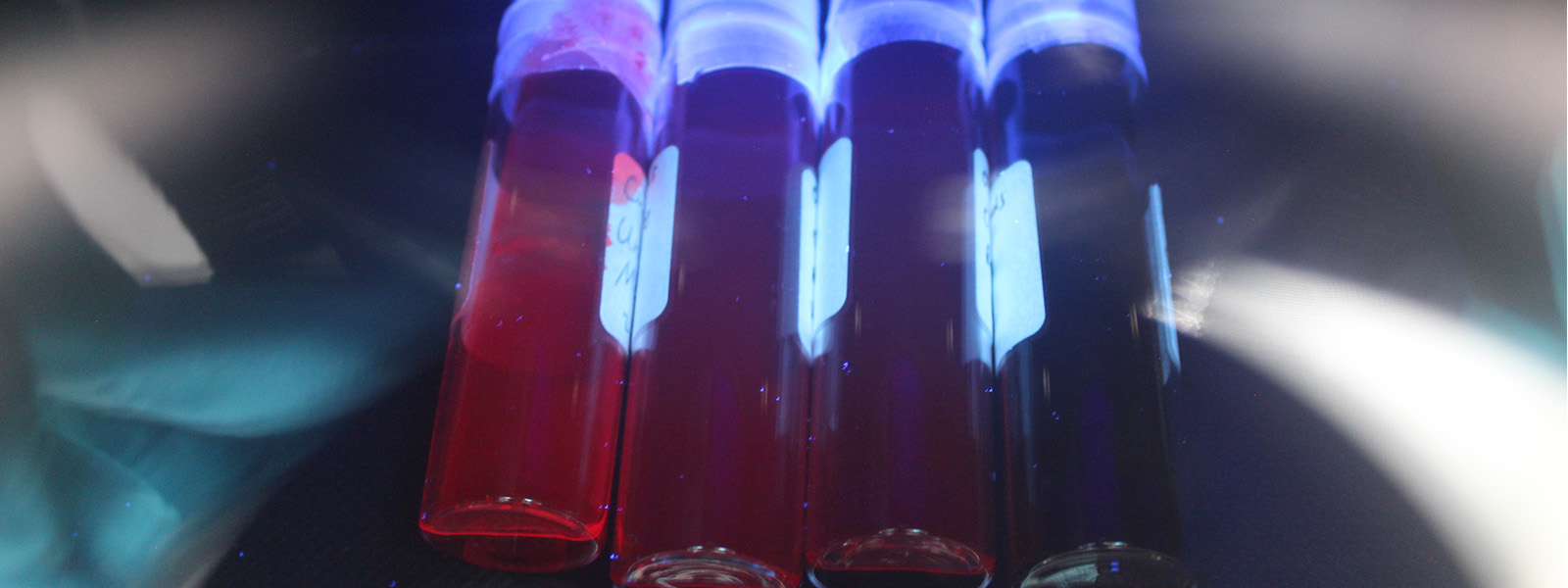Experimental Nanophysics

Experimental Nanophysics Research
The Experimental Nanophysics and Nanotechnology team works together on applications of nanotechnology including renewable energy, batteries, energy from waste, engineering components, biomedical implants and drug deliver for cancer and asthma.
The team's interests include thin films, nanomaterials, novel nanocrystal materials, directed assembly and functionalisation of nanostructures, and charge transport in nanoscale materials.
A key aspect of our Nanophysics research is focused on replacing energy from fossil fuels with energy from renewable sources. Energy generation from solar cells is a promising approach to this major global challenge. The deposition of thin films has been the ‘bread and butter’ of photovoltaics for decades.
The team is also developing multi-doped semiconductor nanocrystals as intermediate band materials for improved solar absorption across the entire solar spectrum, as well as scalable, inexpensive, and flexible techniques for the deposition of quantum dot films and carbon-based coatings and nanostructures.
The Nanophysics and Nanotechnology Team benefits from working closely with colleagues in the Computational Physics Group and researchers from Mathematics, Pharmacy, Chemistry and Engineering, combining expertise and facilities from across the College of Health and Science. This enables all students at Lincoln working in the field of nanotechnology to access a broad range of specialist facilities.
The team works with international groups in USA, Portugal, Italy, China, India, Qatar, Oman and Pakistan as well leading groups in the Stephenson Institute for Renewable Energy and Cambridge Graphene Centre.
The team is fortunate to attract international students who work in a vibrant, dynamic, and multidisciplinary environment in Lincoln and with collaborators globally with opportunities for research visits to groups outside Lincoln. Due to the applied nature of their research, we have close links with industry providing opportunities for joint research.